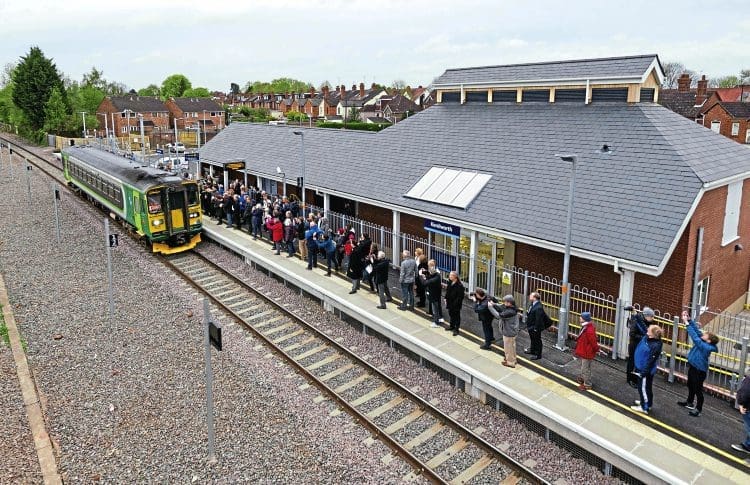As major projects begin to deliver big changes, Ben Jones summarises some of the key amendments that took effect from May 20.
WIDELY touted as the biggest timetable change in living memory, the weekend of May 20-21 saw thousands of train services altered as various new routes and enhancement projects start to come to fruition. However, delays to several major projects, particularly in the north of England, and re-phasing of others, meant the predicted ‘big bang’ wasn’t quite as loud as originally planned.
According to outgoing Network Rail chief executive Mark Carne, the national timetable change was six times larger than usual, affecting passengers from Dover to Penzance and Brighton to Inverness. Unfortunately, Network Rail’s late delivery of some improvements forced the re-planning of train diagrams and crew rosters at short notice, leading to disruption, cancellations, short-formed trains and overcrowding.

Northern was hit particularly hard by a shortage of trains that should have been cascaded from other operators and crew shortages caused by the suspension of voluntary rest day working.
Monthly Subscription: Enjoy more Railway Magazine reading each month with free delivery to you door, and access to over 100 years in the archive, all for just £5.35 per month.
Click here to subscribe & save
Several types of new and refurbished train also failed to make their debut as expected in May. ScotRail was among the worst affected as new Class 385 EMUs could not be introduced because of their much-publicised windscreen issues and the delayed refurbishment of
Mk3 trailers prevented the introduction of short-formed HSTs on the Edinburgh to Aberdeen route.
After several years of disruption in London and across the south-east of England, the Thameslink Programme is now moving towards its planned 24 trains per hour (tph) frequency. Since May 20, up to 18tph should run through the core section between St Pancras International and Blackfriars. Many more trains serve London Bridge after a gap of several years. However, GTR’s ‘operational problems’ (see page 6) mean that a reduced timetable is expected to continue until June 11 at least.
Read more and view more images in the June issue of The RM – on sale now!




